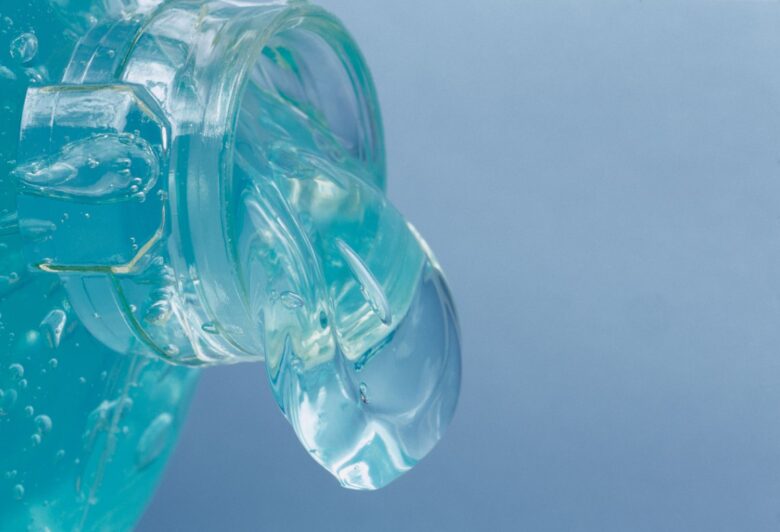When you have a toothache, it’s important to see your dentist. If it’s not an emergency, you may have to wait a day or two for an appointment. In the meantime, you’ll want to find relief for your discomfort.
Knowing what to do for a toothache can help keep the pain from getting worse until you see a dentist in Plainview. Pain is your body’s signal that something is wrong. Oral pain could be from various causes, such as tooth decay, infected gums, damaged fillings, a tooth fracture, or even an abscessed tooth.
Contact your dentist for an appointment, then use these five proven toothache treatments to relieve your pain.
Contents
- 1. Take an Anti-Inflammatory Medication
- 2. Use a Cold Compress
- 3. Apply a Hot Pack
- 4. Make a Saltwater Rinse
- 5. Try Peppermint Tea Bags
- 6. Visit a Dentist for Professional Treatment
- 7. Utilize Over-the-Counter Anesthetic Gels
- 8. Chew on a Garlic Clove
- 9. Elevate Your Head While Sleeping
- 10. Avoid Certain Foods and Drinks
- Final Thoughts
1. Take an Anti-Inflammatory Medication

Source: nih.gov
Reduce swelling and quell pain with an anti-inflammatory medication you can buy over the counter. Ibuprofen works great for this as it reduces inflammation and relieves the pain. If you don’t have ibuprofen, acetaminophen can also work but will only soothe your pain. Acetaminophen is not an anti-inflammatory like ibuprofen.
2. Use a Cold Compress
In addition to reducing inflammation to relieve the pain from your toothache, you can also interrupt the pain signals as they make their way to your brain. Using a cold pack of ice will help you get relief. If you don’t have ice, a package of frozen fruits or vegetables can work too. Make sure you wrap any type of ice pack in a towel first to keep it from harming your skin. Hold it in place for about 15 to 20 minutes and repeat every two or three hours as needed.
3. Apply a Hot Pack
Heat can also work wonders when you need relief from a toothache. You may have a handy pack that can be used for hot or cold compresses. If not, you can make a hot pack with a clean sock and some rice. Simply fill one sock with uncooked rice and tie it off at the open end. Put the sock into your microwave and heat briefly for a couple of minutes. You’ll have a hot pack that will disrupt the pain signals your mouth is sending to your brain and get some relief.
4. Make a Saltwater Rinse

Source: teethtalkgirl.com
Saltwater is another tried and true way to get relief from toothache pain. It helps clear away infections and heal oral wounds. Simply combine warm water with salt and swish it around your mouth, being careful not to swallow it.
5. Try Peppermint Tea Bags
Unless you have a problem with mint, peppermint tea bags can provide some gentle numbing relief to ease your oral pain. You can drink peppermint tea and swish it around your mouth, but don’t toss out the tea bags. Stick them in the freezer for a couple of minutes, and then put them in your mouth near the source of the pain.
6. Visit a Dentist for Professional Treatment
A toothache might be a sign of a more serious underlying problem, such as a cavity or infection. It is always best to consult with a dental professional who can properly diagnose and treat the issue. Dentists can take X-rays, prescribe necessary medications, and perform procedures that may relieve pain. Ignoring a toothache and relying solely on home remedies might lead to complications that can exacerbate the problem. Visiting a dentist is a proactive step to identify the root cause of the pain and administer the appropriate treatment for long-term relief.
7. Utilize Over-the-Counter Anesthetic Gels

Source: thoughtco.com
Over-the-counter anesthetic gels containing benzocaine can be directly applied to the affected area for temporary relief. These gels work by numbing the area, thus reducing pain and discomfort. It’s essential to follow the instructions on the packaging, as misuse can lead to further issues. While these gels can provide short-term relief, they are not a substitute for proper dental care, especially if the toothache persists or worsens. Consultation with a dental professional should still be sought to identify the underlying cause of the toothache.
8. Chew on a Garlic Clove
Garlic has been used as a natural remedy for various ailments due to its antibacterial properties. For a toothache, you can chew on a garlic clove or apply crushed garlic to the affected area. This home remedy is believed to combat bacteria and reduce inflammation, providing temporary relief. While there is limited scientific evidence supporting the effectiveness of garlic for toothaches, some people find it helpful as a short-term solution. It should be noted that garlic is not a replacement for proper dental care, and persistent toothaches should be addressed by a dental professional.
9. Elevate Your Head While Sleeping
Keeping your head elevated while sleeping can minimize blood flow to the inflamed area, potentially reducing pain and swelling. Lying flat may increase blood pressure in the affected tooth, which can intensify the pain. Utilizing extra pillows or a recliner to keep your head above your heart during sleep might help alleviate discomfort. This technique can be especially beneficial when combined with other treatments, such as cold compresses or medications.
10. Avoid Certain Foods and Drinks

Source: oradentdental.com
Avoiding extremely hot or cold foods and drinks, as well as those that are acidic or sweet, can help alleviate toothache pain. When you have a toothache, your tooth may be more sensitive to temperatures and specific substances that can irritate the nerve. Consuming soft, bland foods and drinking lukewarm liquids can minimize discomfort. Chewing on the opposite side of the mouth from the affected tooth can also help. While this approach doesn’t treat the underlying cause of the toothache, it can make daily life more manageable until you’re able to see a dental professional.
Final Thoughts
Having a toothache can make doing the simplest tasks a nightmare. Try these proven treatments for relief, and be sure your dentist checks things out to find the source of your toothache. Tooth issues can be incredibly painful and disruptive to daily life. The proven treatments listed above, ranging from over-the-counter medications to home remedies, provide various options for temporary relief. However, it’s crucial to remember that these are generally short-term solutions. A persistent toothache may be indicative of a more serious dental issue that requires professional diagnosis and treatment. Always consult with a dental professional if you are experiencing persistent or severe pain, as proper care is essential for maintaining overall oral health and well-being.
